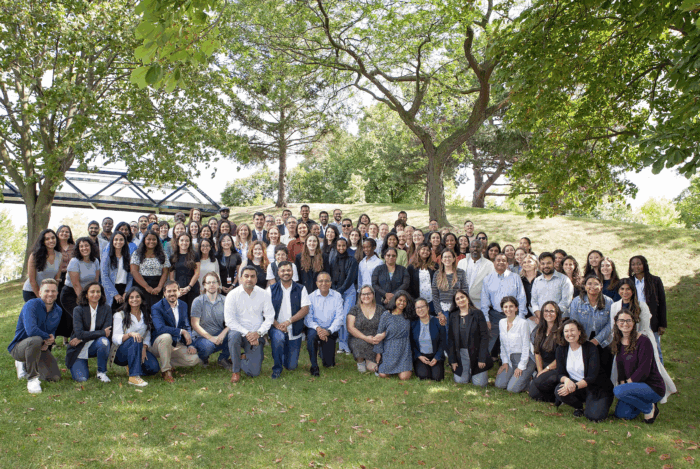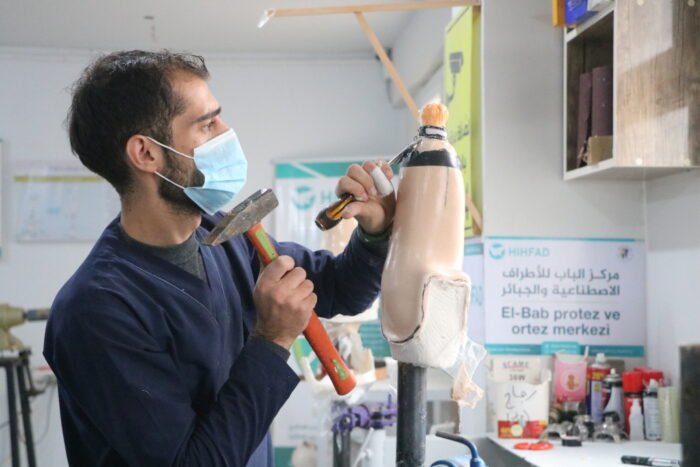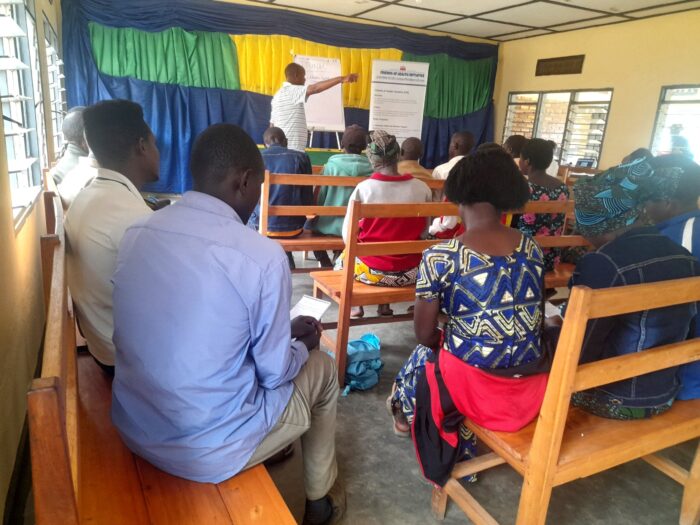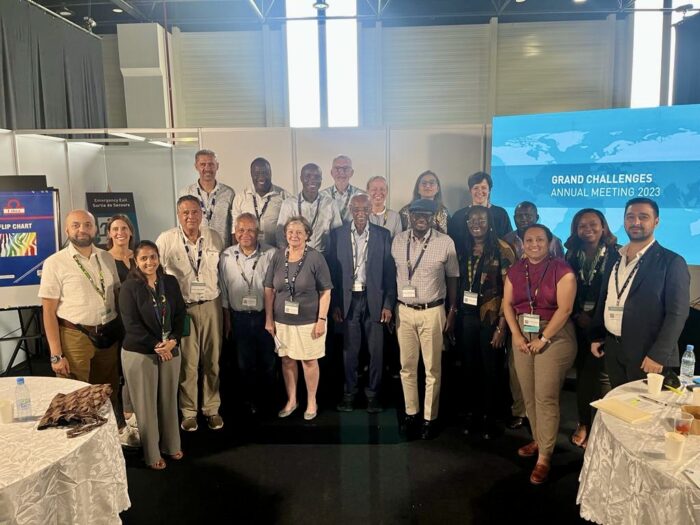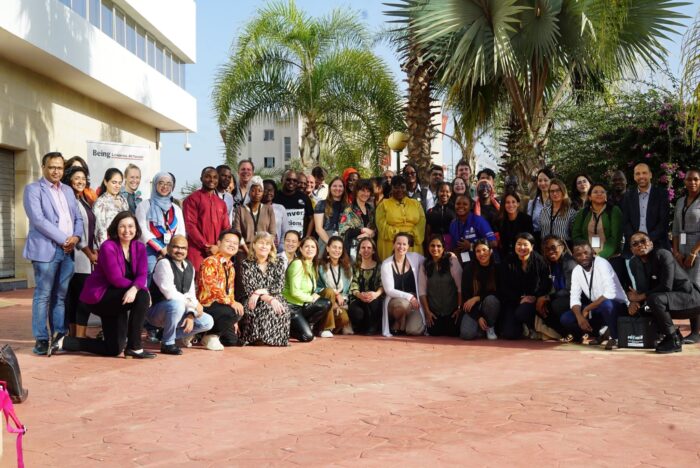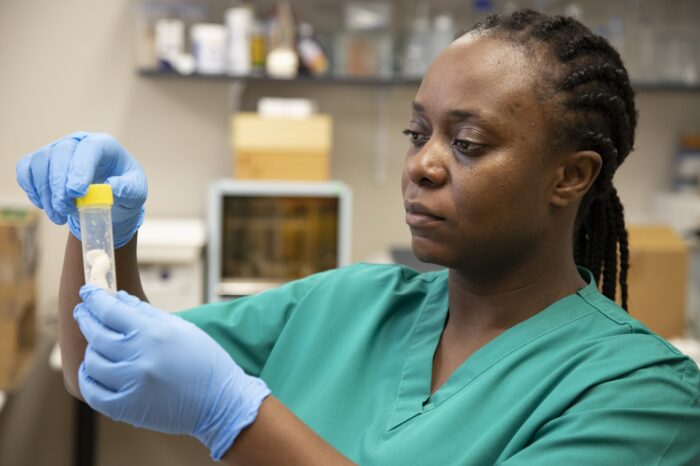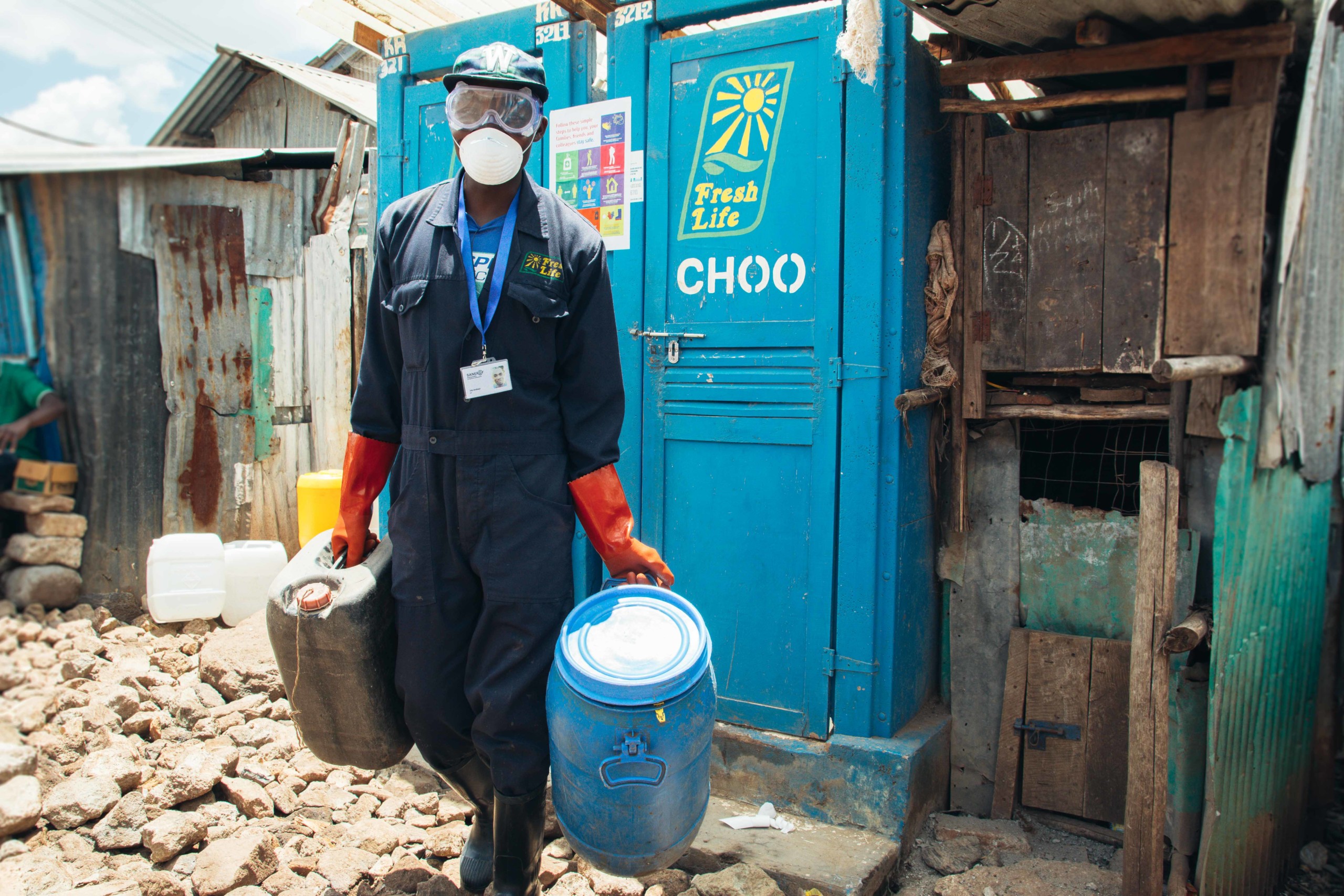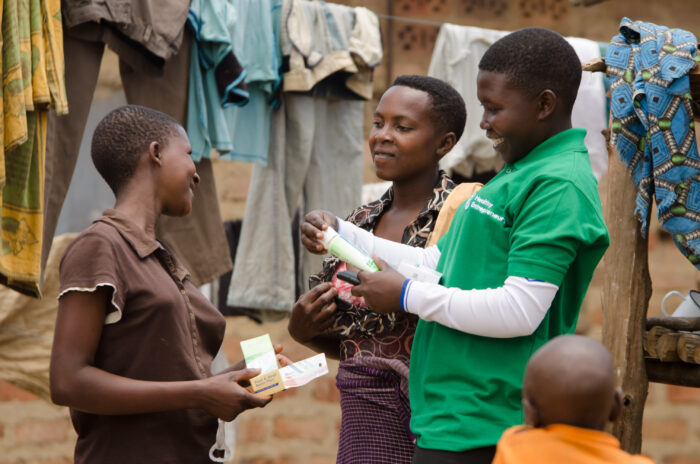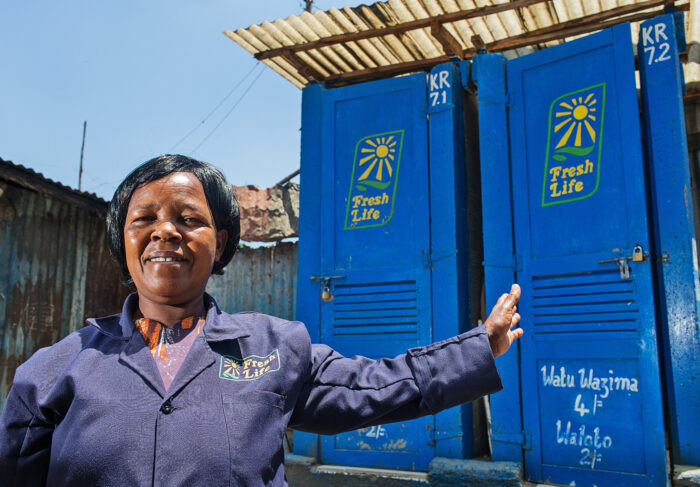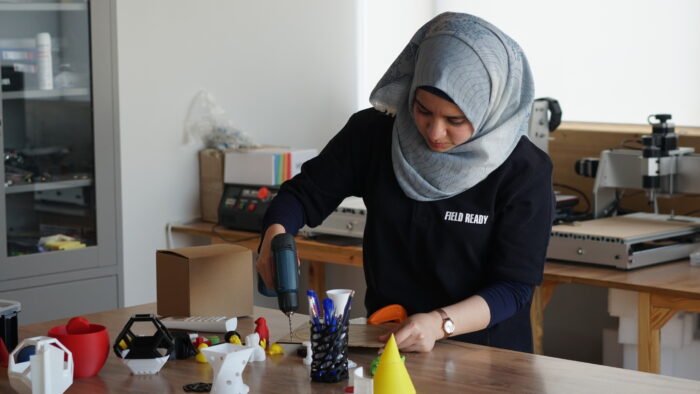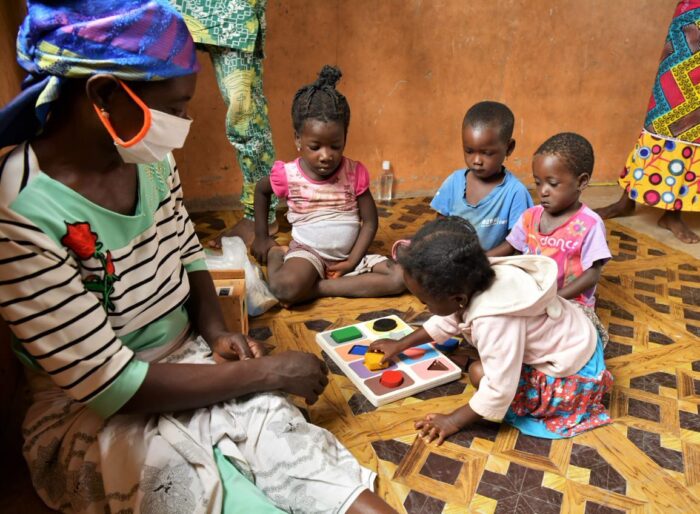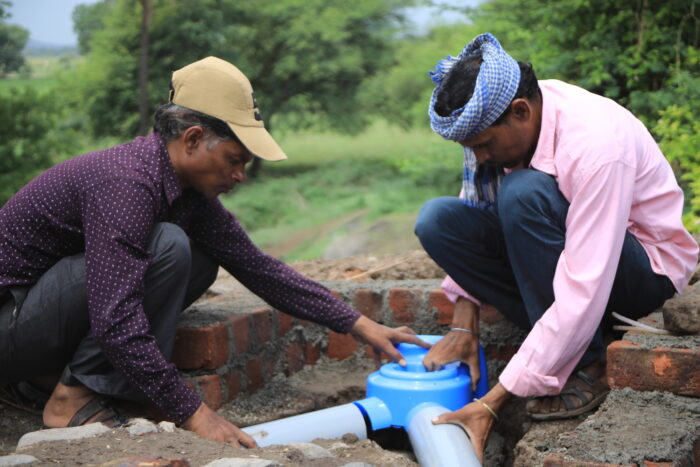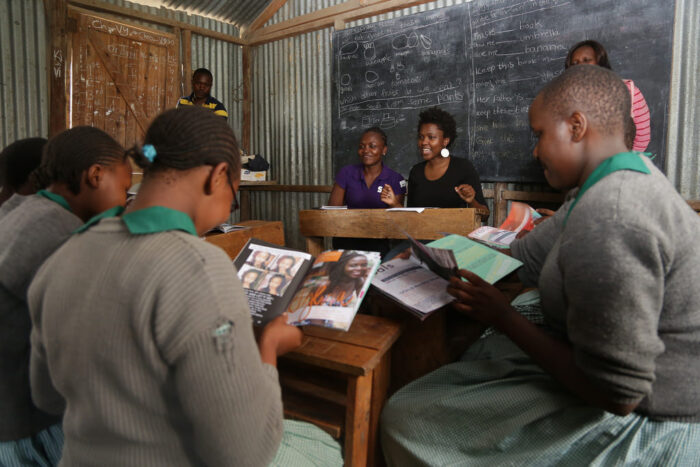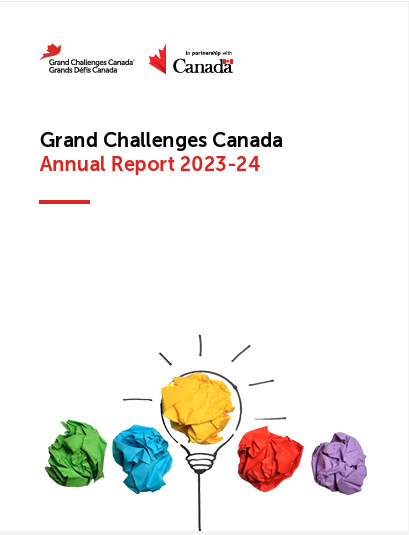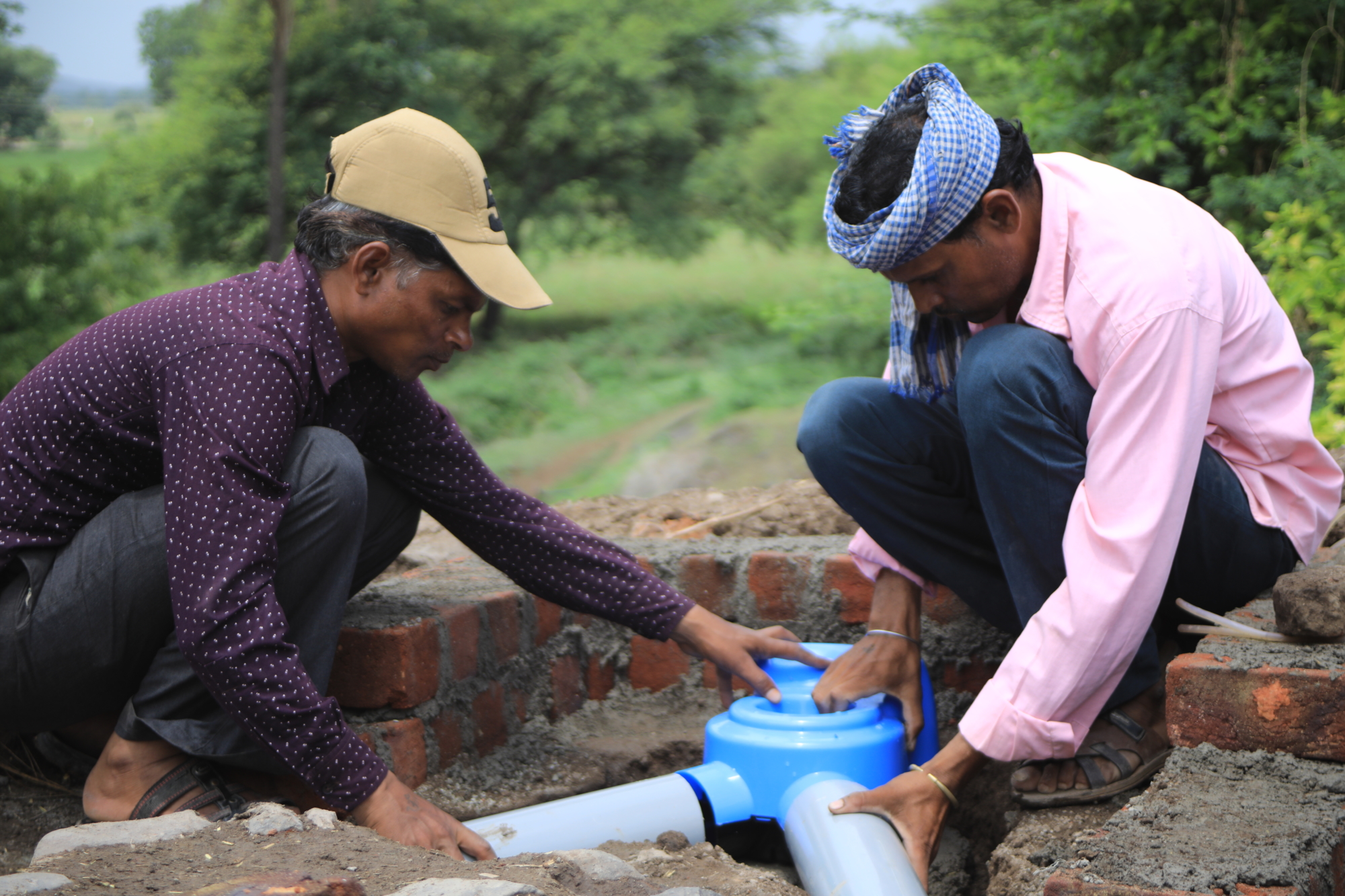Five projects funded under the new “Urban Sanitation Challenge” address the dangers of inadequate sanitation worldwide, which disproportionately affect women and girls
Affordable toilets with innovative self-closing trap door minimize odors, insects, and contribute to LIXIL’s goal of improved sanitation for 100 million people by the end of 2020

New York City — The Water Innovation Engine, a pioneering partnership led by the Australian Government’s Department of Foreign Affairs and Trade (DFAT) to stimulate bold new ideas and approaches in the water sector, today launched the global “Urban Sanitation Challenge” with the announcement of a multi-million dollar investment in five projects.
The projects include an innovative line of affordable plastic toilets equipped with a simple, gravity-powered self-closing trapdoor that makes pit latrine outhouses safer, more sanitary and less unpleasant. The products, marketed under the SATO brand of Japan’s LIXIL Group Corporation, are now being used in 14 countries, with more than 1.2 million toilets installed, improving the lives of 6 million people.
With today’s new funding, production will be scaled up to reach 15 million additional users. Across its global sanitation and hygiene activities, LIXIL aims to provide safe sanitation for 100 million additional people worldwide by the end of 2020 — a 4 percent reduction in the 2.3 billion worldwide who lack access to basic sanitation. That would represent a significant acceleration of the world’s pace towards a key United Nations Sustainable Development Goal for 2030: ensure availability and sustainable management of water and sanitation for all.
Each year millions of people, most of them children, die from diseases associated with inadequate water supply, sanitation, and hygiene. In 2015, 2.3 billion people still lacked even a basic sanitation service, and 892 million people still practiced open defecation.
First developed by LIXIL’s American Standard brand, the SATO series features a weighted flap under the seat that seals itself after use. Priced from $2 to $10, depending on model and country, they use as little as 200 ml (less than a cup) of water – 80 percent less water than a flush toilet, put a barrier between fecal waste and people, block odors, flies and other disease vectors, and offer an effective, affordable way to mitigate the dangers and unpleasantness of typical pit latrines.
It is one of the first five projects supported by Grand Challenges Canada through the new Urban Sanitation Challenge, announced today at the UN General Assembly meetings in New York City. The five projects are being undertaken with the financial support of the Government of Canada through Global Affairs Canada and a host of other partners, and will receive a total investment of CAD $8.7 million to scale their promising urban sanitation projects in Africa, Asia, and South America.
The other scale-up projects:
- Laguna Water (Philippines): Bundled water and sanitation services for Laguna’s informal settlements
- X-runner (Peru): Bringing reliable, safe, and sustainable sanitation to low-income urban households lacking toilets
- Sanivation (Kenya): Improving dignity, health, and the environment through clean, safe, and efficient sanitation services
- Pivot Works (Rwanda): Converting the human waste of Rwanda’s capital city into renewable fuel
For further details of all projects, see the Project Descriptions (PDF).
The Urban Sanitation Challenge
The Urban Sanitation Challenge will fund breakthroughs in innovative approaches that help communities deliver cost-effective universal urban sanitation so as to prevent harmful impacts to health, the environment, and the economy.
The Urban Sanitation Challenge, led by Grand Challenges Canada, is the newest initiative of the Water Innovation Engine, which was formed in response to a 2016 Call to Action from the eleven Heads of Government and State and Special Advisers who make up the UN / World Bank High Level Panel on Water (HLPW). Leaders specifically made an appeal for the launch of challenge programs to stimulate thinking that will shift the needle in implementing a new water agenda.
The Water Innovation Engine’s development is being guided by a Launch Committee, whose members include the Australian Government’s Department of Foreign Affairs and Trade (DFAT), the World Bank, and the Rockefeller Foundation.
There is a critical need to scale up sustainable sanitation systems in urban areas, and for better global coordination in water innovation.
The world’s urban population is projected to increase massively, with some two-thirds of the population projected to be living in cities by 2030, many in informal settlements with limited water and sanitation facilities. The lack of adequate sanitation in cities has dire consequences for the urban environment and public health, as well as negative impacts on economic growth and disproportionate impacts on women and girls.
The Water Innovation Engine also today announced the launch of the Water Data Challenge, led by the Global Innovation Fund, which seeks innovations — technical, institutional or behavioural — that use data to catalyse better water management and improve the lives of people living on less than $5 a day.
For details, visit the Urban Sanitation Challenge website.
Quotes
“The lack of sanitation has a disproportionate impact on vulnerable women and girls and leads to diarrhea, death and delayed child development. Investing in safe urban sanitation is key to advancing gender equality, and to ensuring the health and well-being of every woman and every child.”
– Dr. Peter A. Singer, Chief Executive Officer of Grand Challenges Canada.
Photos
Background
For Media Enquiries
LIAM BROWN
Press Officer
Grand Challenges Canada
+1.416.583.5821 Ext. 5564 / +1.647.328.2021
liam.brown@www.grandchallenges.ca
